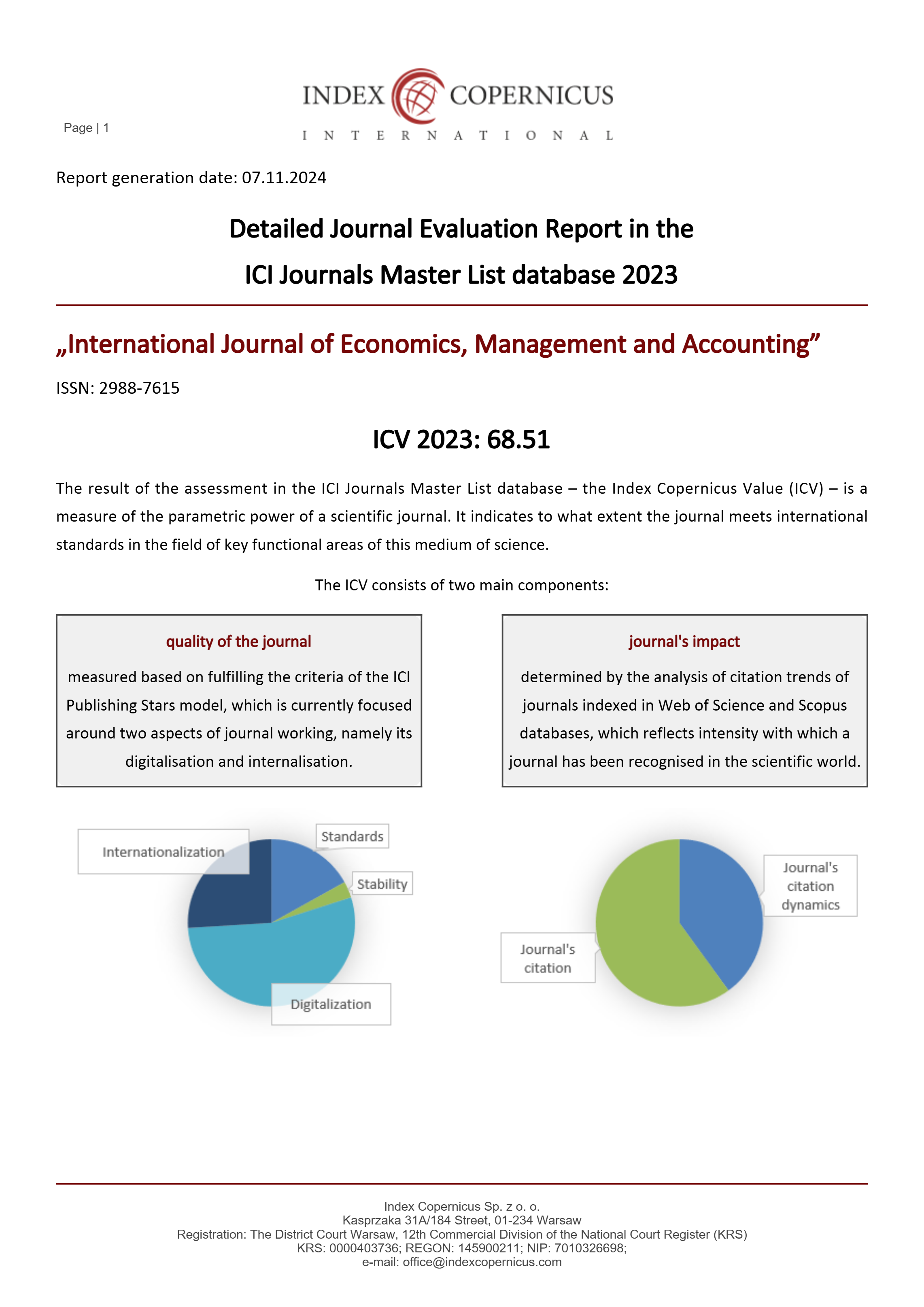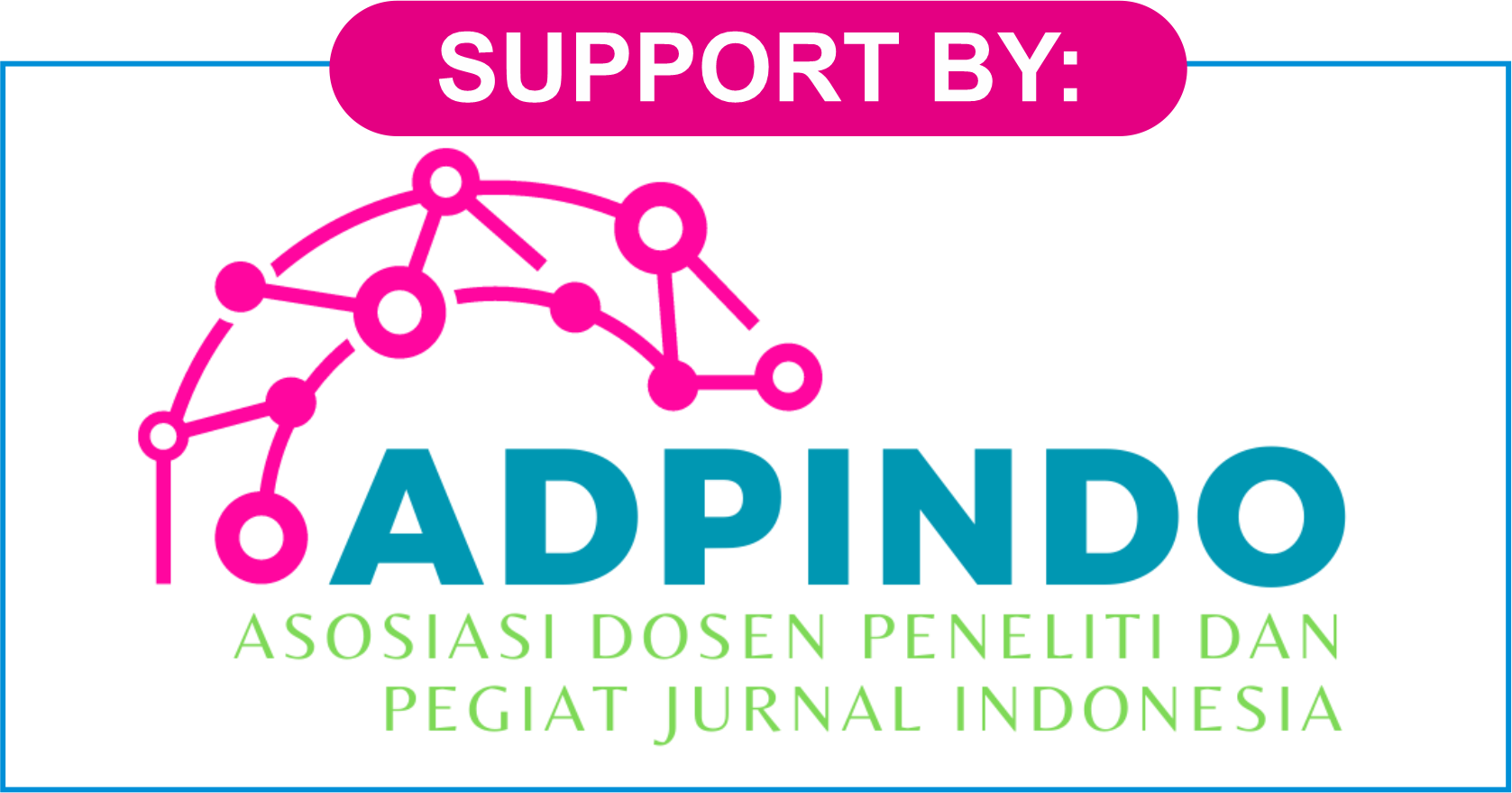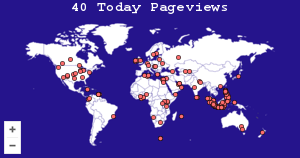The Influence of Job Satisfaction on Employee Performance with Competency as A Mediation Variable at BPJS Ketenagakerjaan Branch Medan Raya
DOI:
https://doi.org/10.47353/ijema.v1i4.55Keywords:
job satisfaction, competence, employee performanceAbstract
This research is to look at the influence of Job Satisfaction on Employee Performance and Job Satisfaction on Competence and see whether competence indirectly influences Job Satisfaction and Employee Performance. This research method is to determine research results. The type of research used was associative quantitative, where the research was carried out at BPJS Employment throughout Medan Raya, the population used was 130 employees and was reduced to a sample using the Slovin technique to obtain a sample of 96 employees, the data collection techniques used were questionnaires and surveys. The results of this research are Based on the results of research that has been carried out and data analysis as explained in the previous chapter, The following conclusions from the research results are presented as follows: Job Satisfaction has a positive and significant effect on Employee Performance. This can be proven by the Path Coefficients table, the Original Sample value is 0.372 and the p value is 0.000 < 0.05. Job Satisfaction has a positive and significant effect on Competency. This can be proven by the Path Coefficients table, the Original Sample value is 0.865 and the p value is 0.000 < 0.05. Competence has a positive and significant effect on employee performance. This can be proven by the Path Coefficients table, the Original Sample value is 0.559 and the p value is 0.000 < 0.05.
Downloads
References
Afandi, P. (2018). Manajemen Sumber Daya Manusia (Teori, Konsep dan Indikator). Riau: Zanafa Publishing.
Edy Sutrisno, (2019). Manajemen Sumber Daya Manusia. Cetak ke sebelas. Prananda Media Group, Jakarta.
Eko Santoso, Latifatul Isro’iyah, & Andrean Kresna Wahyudiantoro. (2023). Analisis Faktor-Faktor Yang Mempengaruhi Minat Berwirausaha Pada Mahasiswa Fakultas Ekonomi Universitas Tulungagung. BEMJ : Business, Entrepreneurship, and Management Journal, 2(1), 21-26. https://doi.org/10.36563/bemj.v2i1.787
Ghozali, Imam. (2014). Structural Equation Modeling Metode Alternatif dengan Partial Least Square (PLS) Edisi 4. Universitas Diponegoro, Semarang.
Hair, J. F. et. al. 2017. A Primer on Partial Least Squares Structural Equation Modeling (PLS-SEM). SAGE Publications, Los Angeles.
Handoko (2017) Manajemen Sumber Daya Manusia. Edisi Revisi Jakarta Bumi Aksara. Metodelogi Penelitian Untuk Skripsi dan Tesisi Bisnis. Jakarta: P Gramedia Pustaka.
Herminingsih, D. I., & Isro'iyah, L. (2023). The Metadiscourse Analysis in Abstracts of Multidisciplinary Sciences Journal Articles: Hedges vs Boosters. International Linguistics Research, 6(1), p24-p24.
Isro'iyah, L., & Herminingsih, D. I. (2023). Teaching Culture of Others through English Literature: English. International Journal of Language and Literary Studies, 5(2), 136-146.
Robbins (2016) dalam Bintoro dan Daryanto (2017:107) Manajemen Penilaian Kinerja Karyawan, Penerbit Gaya Media,
Sandy Martha, Muhammad. 2015. “Karakteristik Pekerjaan dan Kinerja Dosen Luar Biasa UIN Sunan Gunung Djati Bandung: Komitmen Organisasi Sebagai Variabel Moderating”. Tesis di Universitas Widayatama Bandung.
Sekaran, Uma. 2014. Metodologi Penelitian Untuk Bisnis (Research Methods for Business) Buku 1 Edisi 4. Jakarta: Salemba Empat.
Sugiyono. 2013. Metode Penelitian Pendidikan Pendekatan Kuantitatif, Kualitatif, dan R&D. Bandung: Alfabeta.
Subari, Subari and Hanes Riady, 2015, Influence of training, competence and motivation on employee performance, moderated by internal communication. American Journal of Business and Management. Vol. 4 No. 3 PP: 133-145
Sutrisno, Edy. 2016. Manajemen Sumber Daya Manusia. Cetakan Kedelapan. Jakarta: Prenadamedia Group.
Wibowo. (2014). Perilaku Dalam Organisasi. Edisi 1-2. Jakarta: Rajawali Pers.
Downloads
Published
How to Cite
Issue
Section
License
Copyright (c) 2023 Fransiska, Kiki Farida Ferine

This work is licensed under a Creative Commons Attribution 4.0 International License.











